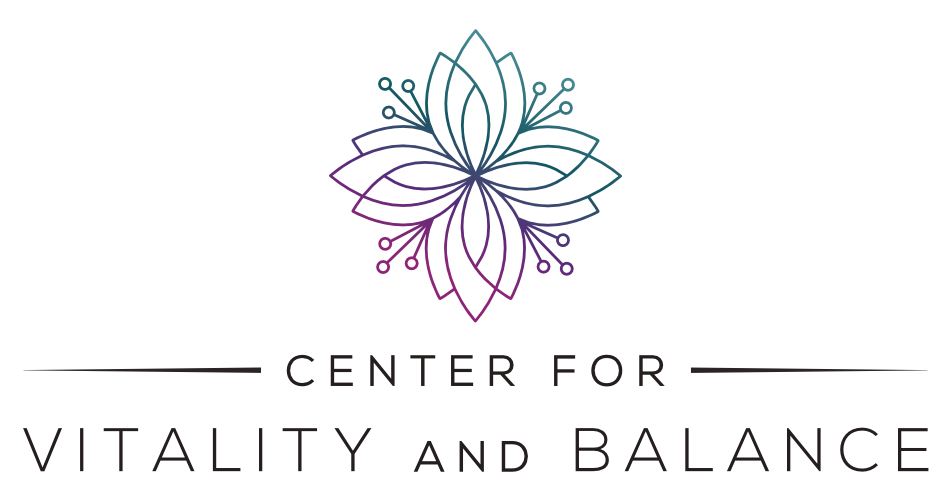Compassionate Change
“Just stop it!” That’s what he said. After I told my friend that I was opening a private practice, he suggested that I name the place “Snap Out of It and Just Stop It!” Mind you, this came from one of the most compassionate hearted people I know, and it made the joke that much funnier. This friend and I have been through enough trials and heartache to know that telling ourselves (or anyone else) to flip a switch and be different was never the road to real and lasting change. If only it were that easy.
I named the practice “Center for Vitality and Balance” because the words imply awareness, assessment, and action. At this time in January, some of our resolutions and intentions may have melted away into the familiar habits, even if it is uncomfortable to be there. But change is still possible. There is hope.
Amazingly, our brains are plastic and the complex neural connections and impulses residing and emanating from there can be redirected with practice. We have the power to literally re-wire our brain to experience ourselves and the world differently. Utilizing the skill of increased awareness, we can observe our thoughts and behaviors and evaluate which of those are moving us in the direction of our intentions and well-being. Looking at what is and what is not working for us grants us the opportunity to bring curiosity about alternate patterns of thinking and doing to move us closer to the best version of ourselves.
With any successful movement towards change, self-compassion must come first. Self-compassion is the practice of observing our needs, desires, and patterns while remaining curious and open. Self-compassion avoids labeling or judging who we are or what we have done as “good or bad”, and instead regards our self with fresh and gentle eyes. In this way, we soften the inevitable and normal anxiety we feel when we contemplate possible change.
A favored question of mine is “How is that working for you?” (no snark or condemnation allowed in the question). With self-compassion and curiosity, we can ask this question to examine what purpose, comfort, or outcome we hope to achieve by engaging in a particular thought or action. When we can identify the legitimate need that we’re trying to meet we can better determine if what we are doing, or thinking is moving is toward or away from the outcome we’re after.
I’m a pianist. I still perform on occasion and enjoy the art form for self-expression. In the past, my habit was to carve out large swaths of time to practice. This is rooted in the rigors of grad school and work as a full-time musician. I would practice for 8 to 13 hours a day during that time, and I got results.
Recently, I felt frustrated with my progress. In response to this feeling, I became curious about my expectations and observed what practice I was actually doing, which wasn’t very much at all. As I reflected, I brought compassion to the fact that I relied on expectations and patterns that worked in the past, when I had different priorities and goals.
Sustainable change is born from self compassion
I gave myself permission to acknowledge that my life has changed significantly over these years, noting that long focused practice sessions won’t work for me anymore. I gave some love to my younger self for all the hard work she did when music was a career and invited a sense of cooperation with my past and current self. In this way, I changed my intention by creating small pockets of time to practice which I am able to do more consistently.
I had to love the part of me that wanted to do things the old way—the way which brought me success—and shower compassion on my current self who needs more balance today. I can still meet my goals as a musician while honoring what is true for me in the present.
If your intention is to create change in any area of your life, here are some tips to fine-tune and implement those changes in ways that will be sustainable and long-term.
Make small goals that are realistic based on your current life demands
Identify ways to measure any progress. Is it an amount of time? Number of times something is done, number of pages read. Get specific.
Bring awareness to what thoughts or feelings arise as you practice these new goals.
After each week, assess what is working for you and what is keeping you from your goals (celebrate the wins along the way)
Offer affirmations for the changes you are intending, offer statements of compassion for things that may not be working and adjust goals as needed.
If you want to change what is going on for you and need hope, there is help. Please call us at the Center for Vitality and Balance.


